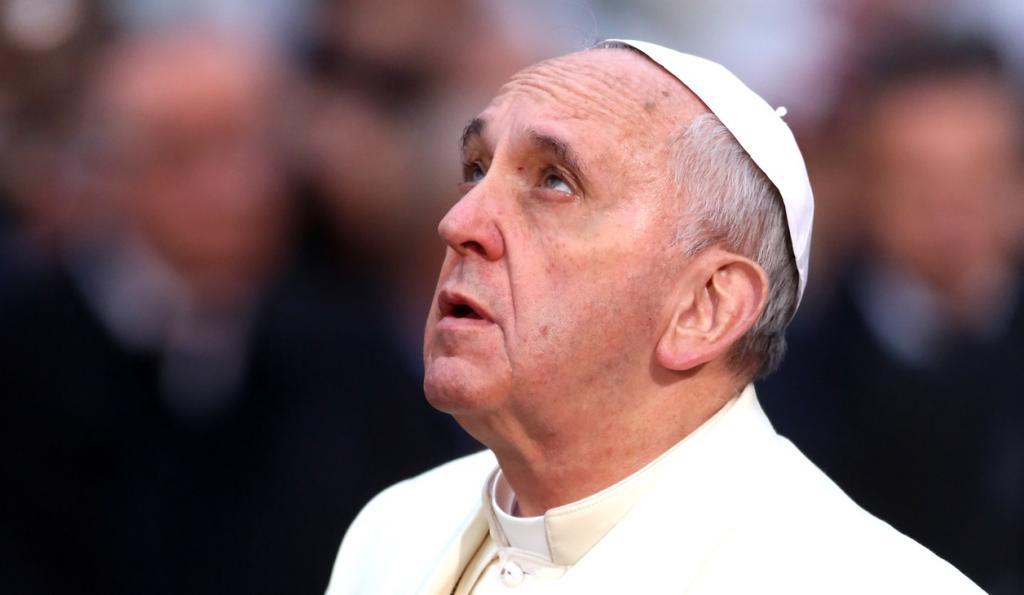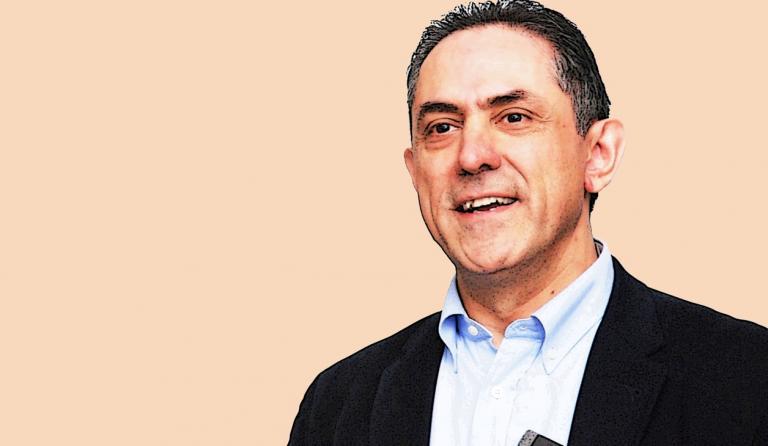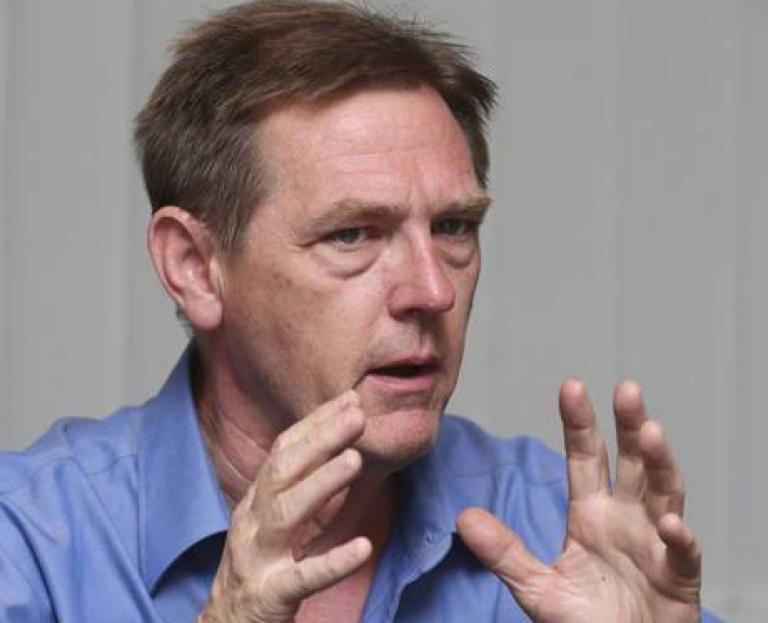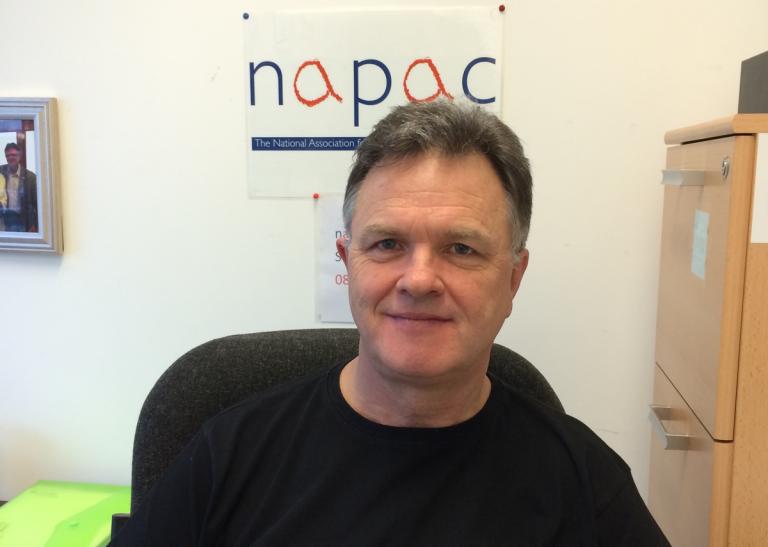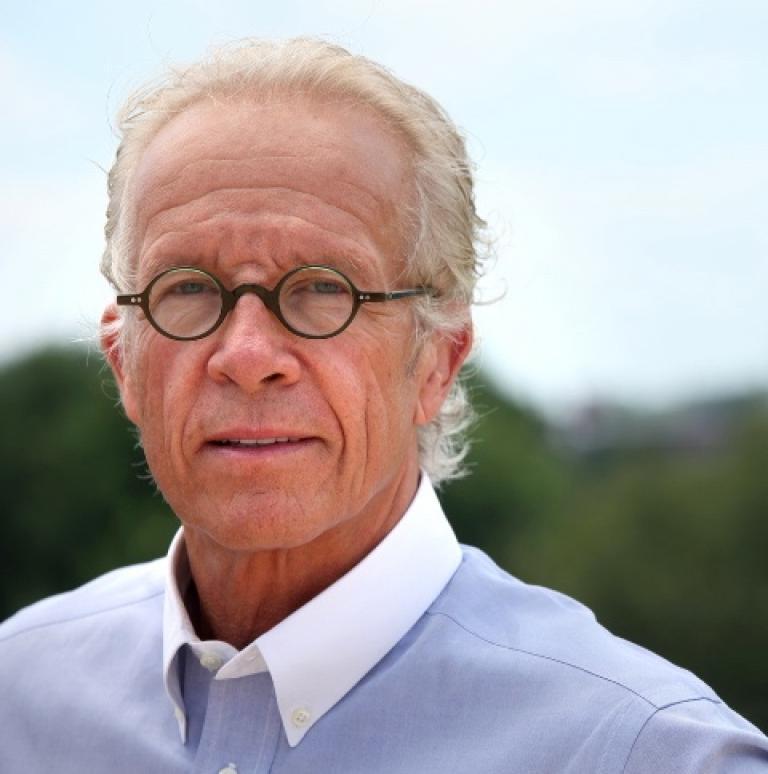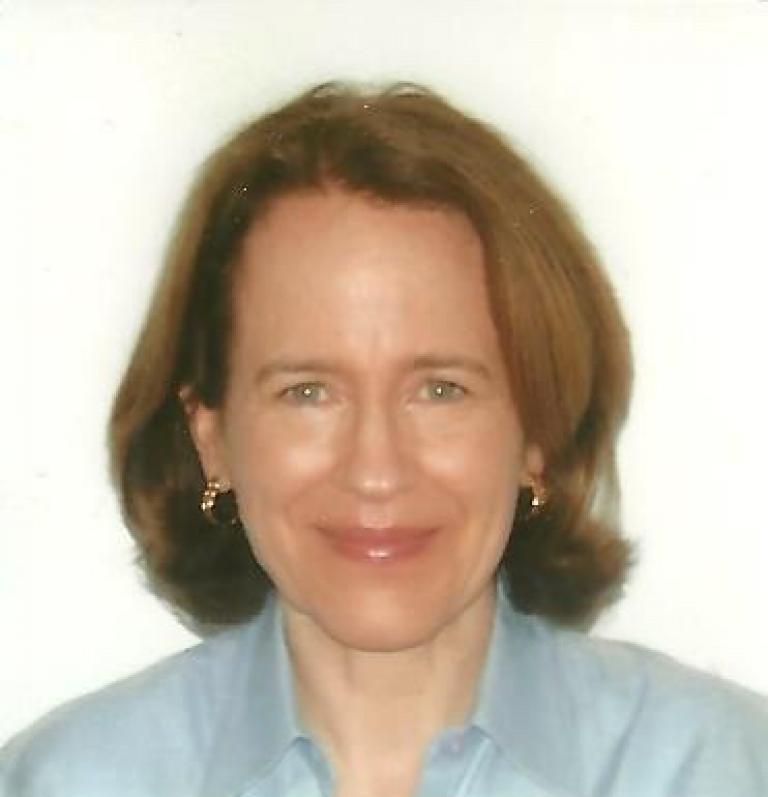RIO DE JANEIRO, Brazil — Last week, a GlobalPost investigation detailed a disturbing new chapter in the Catholic Church’s sex abuse scandal: Priests accused of molesting children have been able to escape scrutiny by relocating to poor, remote parishes in South America.
Two-and-half years into Pope Francis’s papacy, these revelations raise questions over whether he has done enough to address the church’s plague of sex abuse. More than 6,000 priests face allegations, according to Bishop-Accountability.org, and many have never faced justice for their alleged crimes.
The sex abuse crisis is among the biggest challenges for this popular pope.
So far, there have been major announcements during this papacy. Last year, Pope Francis announced the creation of the Pontifical Commission for the Protection of Minors, tasked with advising the church on how to deal with its sex abuse crisis. Then, this year, he sent a letter to every bishop instructing them to abide by “zero tolerance” for priests who sexually abuse children. He also pledged to create a special tribunal to judge bishops accused of covering up child sexual abuse scandals. And he has begged forgiveness from priests’ victims.
But are these actions just lip service? Or is the pope effecting real change across the Catholic world?
GlobalPost polled five experts on child sexual abuse in the Catholic Church. We asked: Do you believe the pope’s actions constitute meaningful change? Do they go far enough to protect children at risk of sexual abuse by clergy? If not, what should the pope do to show that he’s serious about cleaning up this problem?
Below are the responses, edited by GlobalPost for clarity and length.
(We also contacted Vatican Spokesman Federico Lombardi, as well as Terrence Donilon, communications secretary for Cardinal Sean O’Malley, who heads the pontifical commission. They did not respond.)
Jack Valero, Catholic media advocate
Valero founded the UK-based Catholic Voices, a project to train ordinary Catholics to make the church’s case on TV and radio.
Courtesy
I am happy with the way Pope Francis is tackling the sex abuse crisis, [but] it is still a work in progress. Jack Valero
1) How do you rate Pope Francis’s efforts in dealing with sex abuse?
As a Catholic I am happy with the way Pope Francis is tackling the sex abuse crisis in the Church, building on the reforms started by Pope Benedict based on zero tolerance and full cooperation with the civil authorities.
Proper guidelines to prevent child abuse are now in place in most dioceses in the West, which with time will ensure it never happens again. Now other countries are taking the lead from the UK and US.
I am particularly happy about Pope Francis’s commission for child protection, which includes mostly lay people and also survivors of sex abuse. The pope has not told them what they must do but has left them free to make any proposals they want for the pope to implement. One of the first proposals they made was for a system to judge bishops who fail to follow the guidelines. This is now in place and we can look forward to everyone who fails in this area facing justice (both abusers and anyone enabling them to operate).
2) What more should the pope do?
I would not say the matter is resolved: It is still work in progress.
The main area that needs attention now is to improve the care of victims. For many, the abuse was in the past but the pain is now. Better help for them is required. I hope this matter will be studied by the commission soon, and actual proposals made to the pope. It is only when progress has been made in this area that we can say that the problem is under control.
Another issue is that proper guidelines need to be rolled out to all countries and external checks need to be in place to ensure they work well. Catholic dioceses where proper guidelines have been in place for a decade (e.g. in the UK and US) can help Catholic dioceses in other countries, as well as other civil organizations in their own countries, which have had sex abuse problems in the recent past (schools, sports clubs, local authorities, broadcasters, etc).
David Clohessy, survivor advocate
Clohessy is the national spokesman and director of the Survivors Network of Those Abused by Priests (SNAP).
Courtesy/SNAP
To be blunt, Francis hasn’t exposed one cleric … nor has he ordered any of the world’s 5,100 bishops to do so. David Clohessy
1) How do you rate Pope Francis’s efforts in dealing with sex abuse?
Francis is masterful at symbolic moves and public relations that foster the impression of reform but change little or nothing. He’s done lots on church governance, finances and morale but little on abuse.
He heads a monarchy and has nearly limitless power. So he needs no new powers or new tribunals.
For centuries, smart church staff have dealt with abuse and cover up privately. For decades, they’ve been forced to deal with it publicly. They have loads of experience and need no new panels, nor advice.
For years, Vatican officials have written letters to bishops about this scandal. But since virtually no bishop is ever punished for ignoring or violating church abuse guidelines or policies, many bishops ignore or violate them. So a letter from the pontiff to his prelates, regardless of content, is meaningless.
To be blunt, Francis hasn’t exposed one cleric who has committed or is concealing child sex crimes. Nor has he ordered any of the world’s 5,100 bishops to do so.
And he’s continuing the ancient, hurtful practice of dealing with abusers internally and essentially stiff-arming secular law enforcement. That’s inexcusable.
2) What more should the pope do?
Francis should start by defrocking or demoting, clearly and publicly, at least a dozen prelates who are protecting predators and endangering kids. An occasional quiet resignation and vague explanation, only after a massive diocesan scandal, isn’t enough. That’s been the pattern for centuries. And it doesn’t deter cover-ups.
Francis should insist that bishops lobby for, not against, reforming secular child safety laws, especially predator-friendly statutes of limitations that enable clerics who commit and conceal child sex crimes to stay hidden.
For the sake of public safety, Francis should order bishops to post on their websites the names of proven, admitted and credibly accused child molesting clerics, along with their photos, whereabouts and work histories. (About 30 US bishops have done this.)
Francis should demand that bishops turn over records about all accused child molesting clerics to law enforcement. And he should do so with such documents in the Vatican.
In short, he should stop talking and start doing, focusing on tangible, proven actions that protect kids by exposing predators and punishing enablers. And he should concentrate on prevention, not healing, because wounded adults can protect themselves without the church hierarchy, but kids can’t protect themselves without the church hierarchy.
Peter Saunders, abuse survivor and advocate
Saunders is a member of the church’s Pontifical Commission for the Protection of Minors. He founded the UK-based National Association for People Abused in Childhood.
Courtesy
The church is “basically corrupt…” Pope Francis’s intentions are good, but he needs to do much more. Peter Saunders
1) How do rate the Pope Francis’s efforts in dealing with sex abuse?
Pope Francis's initiative in setting up the Papal Commission for the Protection of Minors is undoubtedly a major step forward, but already there are questions over the independence of this body.
I think many more survivors, lay or clergy, should be on the Commission, and I think it should be weighted in favor of lay members. Many employees are loyal to their employer, particularly in religious organizations. And in the case of many priests, they appear to believe they are above civil law.
I see the church institution as one that is basically corrupt when it comes to dealing with issues of abuse. Cover-ups, denials, moving rapist priests from one place to another, are very well documented. Attacking and denigrating victims who speak out is commonplace.
I think Pope Francis recognizes some of this and is exploring ways how to break down that dam of resistance to change. I think his intentions are good but he knows that he has a huge task to change things overnight.
He heads up an institution that has more employees that many of the world’s biggest corporations combined and a customer base of well over a billion Catholics. He may not be able to breach that dam with the speed he would like but by creating the commission and setting up tribunals he is making small breaches in that dam, and we know how many dams finally tumble.
2) What more should the pope do?
I think the Pope should define what he means by “zero tolerance.”
I think he should order every employee of the Church around the world — whether they be priests, nuns, bishops or cardinals — to hand over any information they have about abuser colleagues to the civil authorities, and if they are an abuser they should hand themselves in, confess all to the police and pray for forgiveness.
Time and again the church has proven it cannot be trusted in matters of child protection and so all such work, including the papal commission, should be entrusted to those who do not have a strong emotional attachment to the institutional church but rather a demonstrable commitment to protecting our most vulnerable people.
Pope Francis is a man I will trust the moment he does these things and removes people like Bishop Barros in Chile.
He could do that today. Why has he not?
Jeff Anderson, attorney for survivors
Anderson has represented abuse victims for three decades. He is based in St. Paul, Minnesota.
Courtesy/Anderson Associates
Pope Francis hasn’t done anything significantly different from his predecessors. We’d like to see [him] turn over all the documents demonstrating concealment for childhood sexual abuse. Peter Saunders
1) How do you rate Pope Francis’s efforts in dealing with sex abuse?
While the pontiff has said a lot of the right things, the real question is: Has he done anything significantly different than his predecessors? The answer to that question today, is no.
The establishment of a commission alone does not really change anything and has more optical power than it has real power. The real power is vested with the pope, and if he actually takes action, then it will be different than his predecessors who gave lip service and apologies to bringing change.
Fundamental change has to come from the top. It has to be implemented, and required to be implemented, by all the top officials, from the Pope to the bishops.
This pope has not made a single effort to date to fully or even partially disclose offenders who they know to have been offenders, bishops who they know to have been complicit in offenses, or top officials who have been complicit in said offenses. Nor has he taken action against any of them.
In the absence of action, there is no real change.
2) What more should the pope do?
We’d like to see Pope Francis turn over all the documents demonstrating concealment for childhood sexual abuse and the crimes to all appropriate law enforcement authorities.
At the same time, making that information publicly available to all those that need to know and/or who may be harmed, which means the public and the media. Pope Francis also needs to decisively and immediately oust those who have been complicit in crimes against children, which means many top officials from the Vatican on down.
While the words spoken and some of the actions taken by Pope Francis are very promising, promises don’t protect kids any more than pledges or policies.
Until decisive action is taken immediately that shows he is serious in cleaning up the problem globally, there is no comfort and there has been no fundamental change.
Anne Barret-Doyle, co-director of Bishop-Accountability.org
Bishop-Accountability.org documents and researches the global abuse crisis in the Catholic Church.
Courtesy/Bishop-Accountability.org
1) How do you rate Pope Francis’s efforts in dealing with sex abuse?
Have the changes gone far enough? Not even close. But the pope’s actions point in the right direction.
His commission has shown pluck and determination that many didn’t expect: witness commission member Marie Collins’ rebuke this week of the Chilean cardinals who blocked abuse survivor Juan Carlos Cruz from joining the commission. The commission also persuaded Pope Francis to commit to the new tribunal to judge bishops.
Promising this tribunal has been the pope’s most meaningful action. For the first time, the Vatican will address systemically a problem it used to deny even existed. But the tribunal faces huge obstacles. For instance, it will judge bishops according to current canon law, which is alarmingly lenient toward clergy who abuse children.
Few people realize that the global church legal system has no “zero tolerance” provision: there is no canon law that says any cleric found guilty must be removed permanently from ministry. Pope Francis keeps invoking zero tolerance, but his vow is essentially meaningless, because it’s not backed by binding policy.
2) What more should the pope do?
Pope Francis should:
- Make zero tolerance universal church law.
- Make sure the new tribunal is effective. Its remit must cover religious superiors as well as bishops, and past office-holders as well as current ones. And it must hold officials accountable for enforcing zero tolerance, not the lax standard of current canon law.
- Demonstrate transparency: Release the names and assignment histories of all 3,400 clerics found guilty by the Vatican from 2004 to 2013.
- Come clean about his own record in Argentina, especially his troubling role in the case of convicted child molester, Rev. Julio César Grassi.
- Stop letting religious orders (e.g., Jesuits, Franciscans) use their complex jurisdictional status to evade accountability, both in and out of the church.
- Enlist civil society’s help. Secular mechanisms have proved to be far more effective than the church at identifying abusive clerics and complicit supervisors. Encourage state-run investigations.
- Order bishops to stop blocking repeals of statutes of limitation. Victims must be allowed access to civil courts. Civil actions expose toxic secrets.
